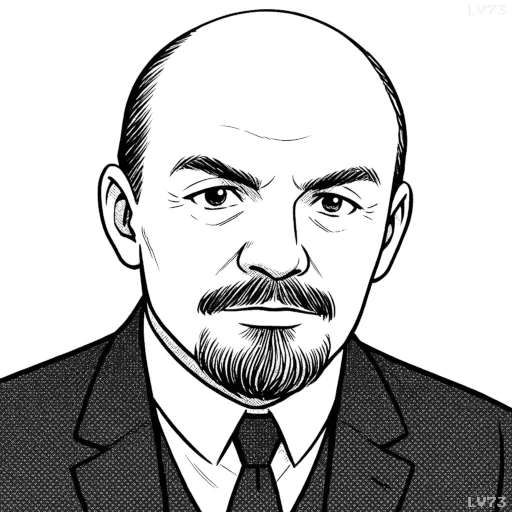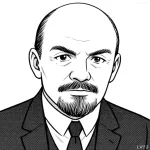“Politics begin where the masses are, not where there are thousands, but where there are millions, that is where serious politics begin.”

- April 22, 1870 – January 21, 1924
- Born in the Russian Empire
- Revolutionary, political theorist, lawyer, state leader
table of contents
Quote
“Politics begin where the masses are, not where there are thousands, but where there are millions, that is where serious politics begin.”
Explanation
This quote emphasizes Lenin’s belief in the importance of mass movements in political action. For Lenin, genuine political change and revolution are not simply driven by a small group of intellectuals or political elites but by the mobilization of the masses — the working class and the oppressed. He argues that serious politics occurs when political engagement extends beyond small, isolated groups to reach a critical mass of people, especially when millions are involved in collective action. Lenin believed that only by organizing the masses and connecting with their struggles could a political movement achieve lasting change. This statement reflects his focus on building mass support to create a popular movement capable of challenging entrenched political systems.
Historically, Lenin’s view was shaped by his experiences during the Russian Revolution. He saw the success of the Bolsheviks as reliant on their ability to organize and engage the broad working class and peasantry. The February and October Revolutions were successful in part because they galvanized millions of people — soldiers, workers, peasants — who were dissatisfied with the existing regime. Lenin understood that political change becomes meaningful when it taps into the widespread dissatisfaction of the masses, rather than relying on small, isolated uprisings. This idea is central to his thinking on revolutionary strategy, where winning the support of millions was necessary to overcome the existing power structures.
In modern terms, this quote is relevant to contemporary social movements that seek to engage large numbers of people in order to achieve political change. Whether in labor movements, environmental protests, or democratic uprisings, the lesson is clear: real political power comes from the ability to mobilize millions, not just thousands. It challenges the notion that politics can be effectively shaped by small, elite groups or technocrats, and instead, underscores the power of broad-based, grassroots movements that reflect the will and needs of the majority.
Would you like to share your impressions or related stories about this quote in the comments section?
